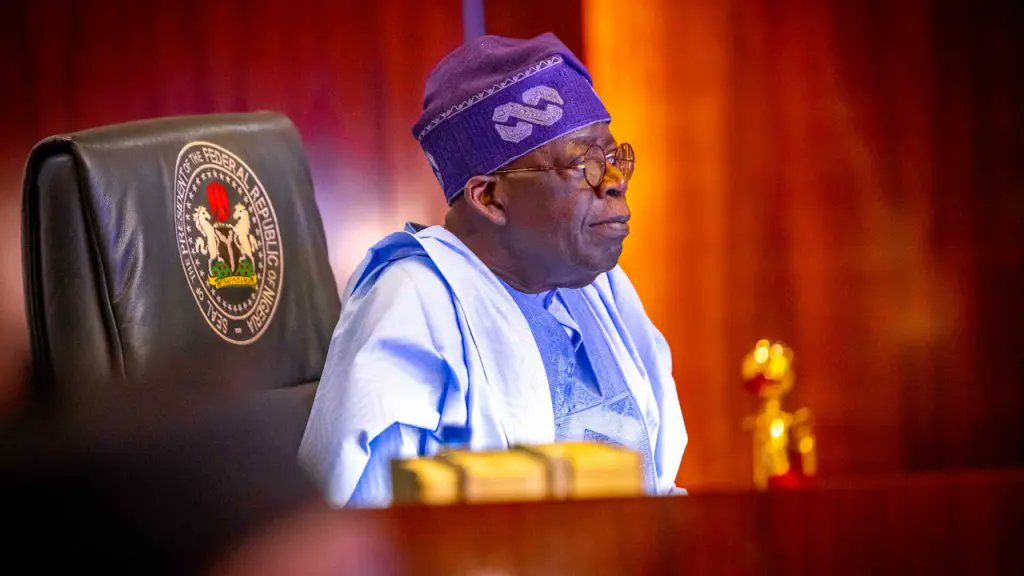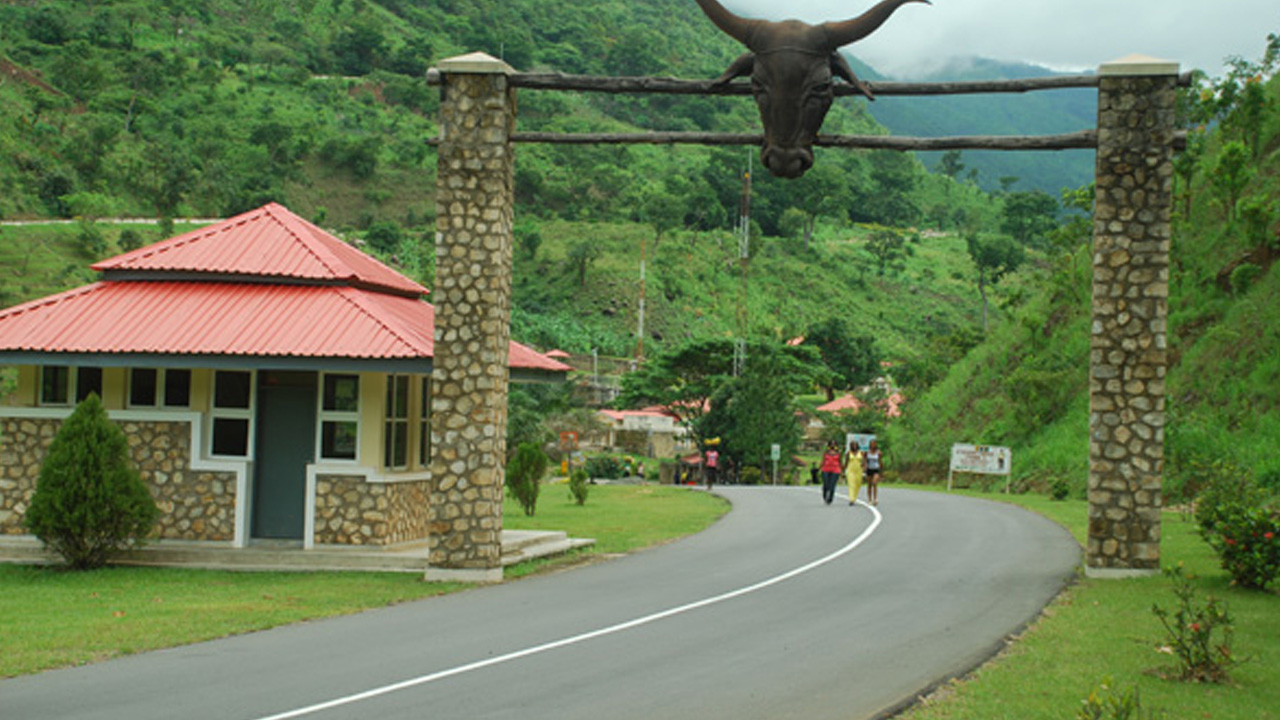President Bola Tinubu’s declaration of readiness to create state police and the governors’ preparedness for the new security arrangement brightens the hope of curbing the unspeakable violence that has tormented the country for almost two decades, claiming thousands of lives of innocent people and property, public and private, worth billions of naira. This is apart from the trillions of naira the country has spent so far in taming the unprecedented insecurity.
When the reality started to dawn on Nigerians that security is local and that the Nigerian security apparatus, as it presently exists with its command structure, cannot effectively tackle the activities of the ever-sophisticated and daring terrorists, kidnappers, killer herdsmen and other criminal elements, the people started calling for state police.
They believe that state police offers an inspiring option to tackle the escalating criminal activities. The locals who have a better understanding of the local terrains and who will be recruited for the task of policing will be more useful in combating crime and arresting the perpetrators than most of the security personnel who have little or no knowledge of the environment.
But the creation of state police, which many people consider to be the proper thing to do in a democracy, had long been clouded by regional distrust and disputation. Consequently, insecurity continued to weigh heavily on Nigerians, especially with the escalating criminal activities of Boko Haram and other terrorist groups, kidnapping for ransom, and the recurring fatal clashes between farmers and armed herdsmen.
The situation became so terrible that some northern leaders recently called for a state of emergency to be declared on insecurity, as well as the sacking of the service chiefs, obviously for not being able to end the scourge of violence in the country. Tinubu’s declaration came in the wake of this call for an emergency. We expect him to walk his talk. What the citizens want to see celebrated is not the promise but the action. It should not go the way of similar promises in the past that were never fulfilled. Nigerians and the rest of the world are watching and waiting.
At a recent meeting with members of the North-East Governors’ Forum, led by Governor Babagana Zulum of Borno State, at the State House, Abuja, President Tinubu declared the possibility of working with the National Assembly to design a framework that guarantees local ownership of police that will ensure political neutrality. He spoke after Zulum assured him of the commitment of the visiting governors to his administration’s initiatives on training of manpower and provision of technology with a view to reversing the insecurity ravaging the North-East. Zulum had specifically complained about the peculiar challenges the region has in managing the large states with unmanned forests, mountains, gorges, deserts and rivers, which made them not easily accessible and almost became ungoverned spaces, exacerbating their security challenges.
Tinubu said he had looked more carefully at the security situation and had seen the efforts of the civilian JFF, which had provoked his thinking on state police. Actually, non-state actors and other criminals have taken cTo be continued tomorrowontrol of the ungoverned spaces across the country, turning them into havens for armed insurgency against Nigeria.
At another meeting with some Katsina leaders in Abuja, President Tinubu hinted at the plan by his administration to create state police towards effectively addressing the security challenges across the country. Besides, he promised to further equip the forest guards recently deployed to enhance security, particularly in the North-West, including Katsina State, where terrorists have ceaselessly attacked Nigerians.
It is worth recalling that the President, in a statement issued after the meeting by his Special Adviser on Information and Strategy, Bayo Onanuga, said: “I am reviewing all the aspects of security; we have to create a state police. We are looking at that holistically. We will defeat insecurity. We must protect our children, people, livelihoods, places of worship and recreational spaces. They can’t intimidate us.” He reinforced his point by saying that the security challenge in some states would require the deployment of outfits that understand the terrain, respect the local culture, and can easily connect at the grassroots. These are all features of state police. About the same time that Tinubu disclosed his plan, Governor Dauda Lawal of Zamfara State emphasised the imperative of state police when he declared that banditry in Zamfara would become history within two months if he had control over security outfits.
Really, the present federal policing structure, which is managed by the Inspector General of Police (IGP), who is far away in Abuja, is not the best, considering the fact that there are some security situations that need to be dealt with urgently. The commissioners of police, who are arguably the chief security officers of their states, going by the current arrangement, are posted from Abuja, and most of the time, the IGP’s discretion is what holds sway, not the people’s nuances and cultural peculiarities. Indeed, a situation where the commissioner of police is technically answerable only to the IGP and the governor, who is supposed to be the chief security officer of his state, is rendered powerless, will always hamper prompt action that is needed to be taken against some threats to life and property.
Last year, the National Economic Council (NEC) announced that nearly all the 36 states had submitted memoranda on the creation of state police, with most of them in agreement with the proposal. We recall that Governor Uba Sani of Kaduna State said: “Today, one of the discussions we had at the NEC meeting was the update on the creation of state police. As you are aware, there were submissions by states towards the establishment of state police. About 36 have already made their submissions. From what is available, virtually most of the states are in agreement with the establishment of state police in Nigeria. However, the Council postponed the discussion until the next meeting to allow for a comprehensive report from the secretariat.”
From the foregoing, it is reasonable to say that the major stakeholders, particularly the Federal Government that will grant the proposal and the state governors who are the targets of the new policing arrangement, have given their consent.
To be continued tomorrow.






